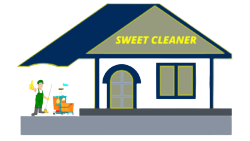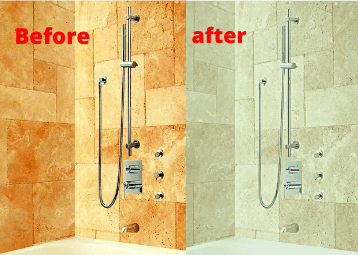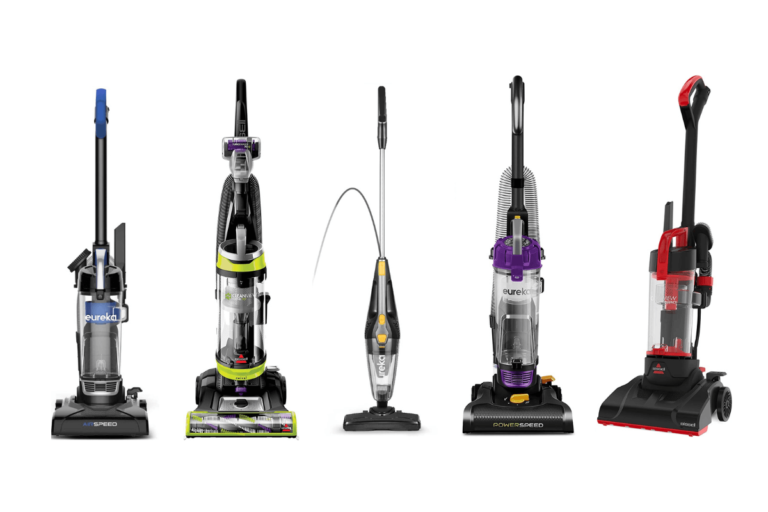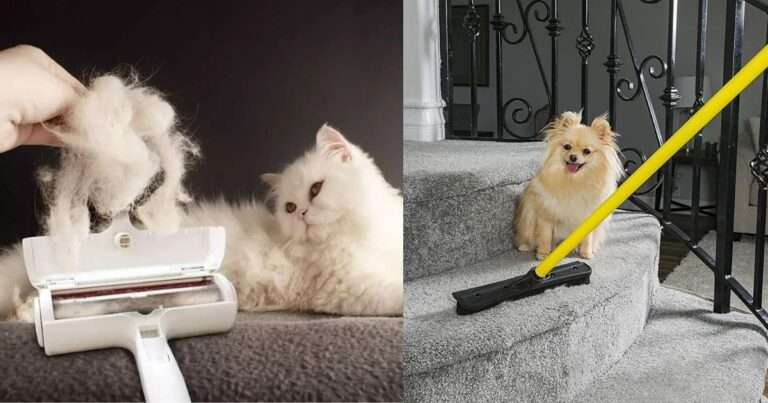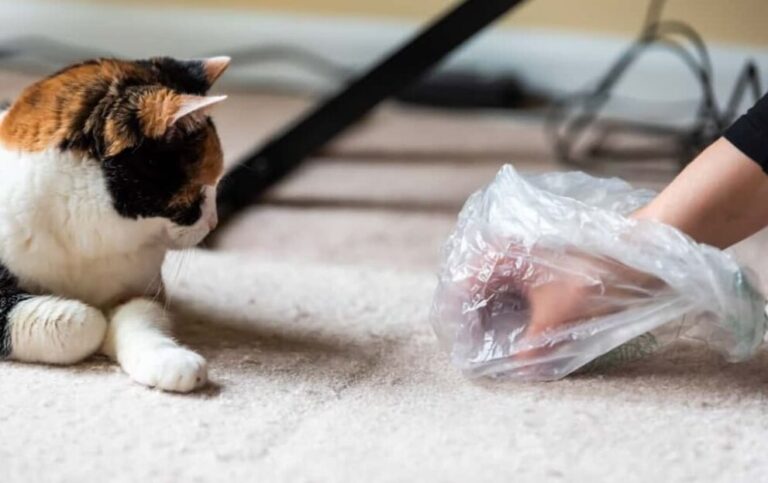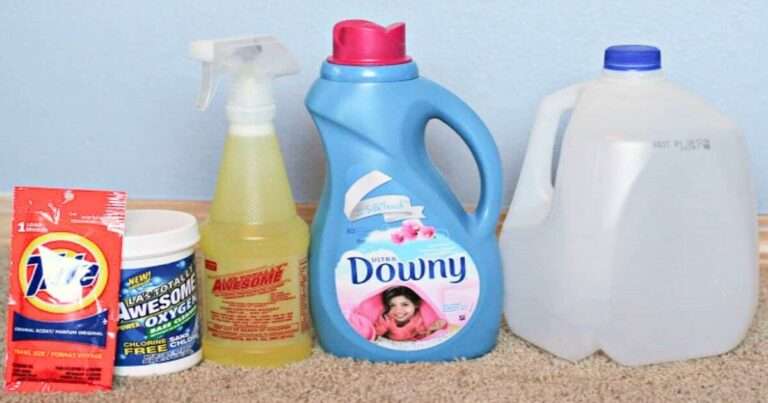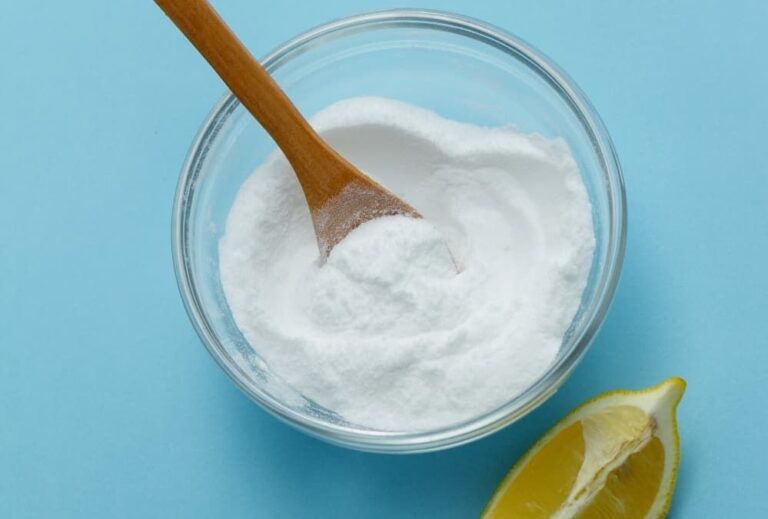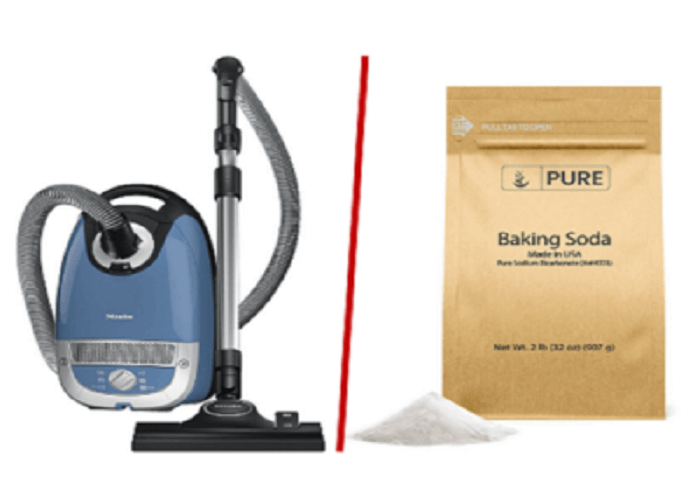
Does baking soda ruin your vacuum? Often, people ask this question, and the answer isn’t always clear. Some say baking soda will destroy your vacuum, while others claim it’s perfectly safe.
This blog post will tell you the truth about baking soda and vacuum cleaners. We will discuss whether or not it’s safe to use and provide some tips for preventing damage. Stay tuned for more information!
Do baking soda and vacuum cleaners mix well together?
No, baking soda and vacuum cleaners don’t mix well together. It can ruin your vacuum cleaner’s motor because baking soda is abrasive. In addition, baking soda will clog the vacuum cleaner’s filters and reduce its suction power. Vacuum cleaners cannot clean up baking soda spills, so avoiding using them together is best.
Does baking soda ruin your vacuum cleaner?
Yes, baking soda can damage your vacuum cleaner. The abrasive nature of baking soda can cause damage to the delicate internal components of your vacuum cleaner. Over time, it can stop your vacuum cleaner from working.
It’s best to avoid using baking soda when cleaning your floors and surfaces. Many safe and effective alternatives won’t damage your vacuum cleaner. Try a vinegar-based cleaning solution instead; it’s affordable, environmentally friendly, and works great on most types of dirt and grime.
Is it safe to vacuum with baking soda left on the floor?
If the baking soda is dry, it should be safe to vacuum. However, if it’s wet, it could create a mess and damage your vacuum cleaner. Using a fan to pull dirt and dust up, vacuum cleaners work by sucking it up with a suction. When the fan sucks up the wet baking soda, it will also suck up the water and could damage the motor or other parts of the vacuum cleaner.
For best results, wait until the baking soda dries completely before vacuuming. To get rid of a spill quickly, sweep up as much baking soda as possible with a broom or dustpan before vacuuming.
How do I clean my vacuum if it smells like baking soda?
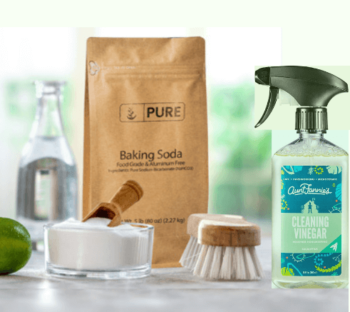
Vacuum cleaners can get smelly if the baking soda isn’t removed correctly:
- Remove the vacuum cleaner bag and empty it.
- Mix a cup of vinegar with a quart of water and put it in a spray bottle. Spray the vinegar mixture all over the vacuum cleaner, including inside the crevices. Let it sit for about 10 minutes, then wipe it down with a cloth or sponge.
- Rinse with clean water.
Is there a way to prevent baking soda from ruining your vacuum?
Yes, there is a way to prevent baking soda from ruining your vacuum. It’s pretty easy: vacuum up any spills as soon as they happen.
Baking soda is a powerful cleaning agent but can also be corrosive. If it’s allowed to sit on metal for too long, it can start to corrode the metal. And if it gets into the electronic components of your vacuum cleaner, it can cause severe damage.
So please clean up any spills immediately, and keep an eye on your vacuum cleaner’s electrical wiring and metal parts. With caution, you can avoid any unpleasant surprises from baking soda!
What are some dangers of allowing baking soda to enter your vacuum?
There are a few dangers of allowing baking soda to enter your vacuum:
- The baking soda could react with the vacuum’s internal components and cause damage.
- If the baking soda is allowed to enter the vacuum’s motor, it could create a dust explosion.
- If too much baking soda enters the vacuum, it could cause the machine to malfunction or even break.
Can I vacuum up baking soda with my Dyson?
Using your Dyson to vacuum up baking soda is not recommended as it could damage your vacuum. While baking soda may be effective in cleaning your floors, it can also damage the filters on your Dyson. Additionally, the high suction levels from your vacuum could cause the baking soda to spread throughout your home.
A better option for cleaning your floors with baking soda is to mix it with water to create a paste and then use a brush or mop to clean them. This will help keep the baking soda in place and allow it to clean your floors effectively.
How do you remove baking soda without a vacuum?
There are a few ways to remove baking soda without a vacuum. One way is to pour vinegar over the baking soda. Carbon dioxide gas comes out when vinegar reacts with baking soda.
This gas will push the baking soda out of the cracks and crevices. Another way is to use a plunger. The plunging action will create suction and pull the baking soda out of the cracks and crevices. Finally, you can use a broom or dustpan to sweep up the remaining baking soda.
Is it true that too much baking soda on your floors can damage the vacuum’s motor?
Using too much baking soda on your floors can damage the vacuum’s motor. In fact, over time, the baking soda will create a build-up on the motor and gears of the vacuum cleaner, eventually hindering its performance.
So if you use baking soda to clean your floors, use it sparingly and follow up with a good vacuuming session. And if you have any doubts about properly cleaning your floors, consult your vacuum cleaner’s instruction booklet or speak to customer service. They’ll be more than happy to help.
How can I prevent my vacuum from smelling like baking soda?
You can do a few things to prevent your vacuum from smelling like baking soda. Here are a few tips:
1. Be sure to empty the vacuum’s dustbin after each use. This will reduce the amount of baking soda that builds up over time and eventually starts to smell.
2. When using baking soda to clean carpets or upholstery, always vacuum immediately afterward (within 15 minutes) to prevent the baking soda from drying and becoming caked on/smelly.
3. If your Baker Machine \’s settings allow it, try running it with a HEPA filter. This will help to trap small particles that might otherwise cause smells.
FAQs (Frequently Asked Questions)
How does baking soda cause clogs in a vacuum?
When you use baking soda on your carpets and then vacuum it up, the fine particles of baking soda can get stuck in the vacuum’s filter or other parts, causing clogs.
Can I use baking soda in my bagless vacuum cleaner?
Yes, you can use baking soda in a bagless vacuum cleaner. However, you should be cautious about excessive use to avoid clogs.
What should I do if baking soda clogs my vacuum?
If your vacuum gets clogged with baking soda, you should remove the clog manually or clean the filter thoroughly. In some cases, you may need to take your vacuum to a professional for maintenance.
Is it safe to use baking soda on carpet stains?
Yes, baking soda is often used as a natural carpet cleaning product to remove stains. However, it is important to vacuum up the baking soda properly after it has done its job.
Does baking soda damage vacuum cleaner’s filter?
Baking soda can potentially damage the filter of a vacuum cleaner if it is not cleaned out regularly. The fine particles of baking soda can clog the filter and reduce its efficiency.
How small are the particles of baking soda that can cause clogs?
Baking soda particles are minuscule in size, which makes them prone to clogging vacuum filters and other parts.
Should I vacuum baking soda after sprinkling it on my carpets?
It is recommended not to vacuum baking soda immediately after sprinkling it on your carpets. Let it sit for some time to absorb odors and then thoroughly vacuum it up.
Why do people use baking soda on their carpets?
Baking soda is often used on carpets to absorb odors and freshen them up. It is a natural and inexpensive alternative to commercial carpet powders.
How can I clean baking soda residue from my vacuum?
To clean baking soda residue from your vacuum, you can empty the dustbin or bag, wipe down the interior with a damp cloth, and clean the filter thoroughly.
Does baking soda ruin your vacuum?
No, baking soda does not typically ruin your vacuum. However, it can cause some issues if used improperly or in excessive amounts.
How does baking soda affect the carpet?
Baking soda is often used to clean carpets and remove stains. It works by absorbing odors and moisture in the carpet fibers.
Can baking soda clog the vacuum?
Baking soda can potentially clog the vacuum if it is used in large quantities or if the vacuum has a small dust bag or a poor filtration system.
How do I clean baking soda from my carpets?
To remove baking soda from carpets, you can use a vacuum cleaner with a high-quality filter or hire a professional carpet cleaner.
Can baking soda damage the vacuum cleaner?
Baking soda itself is not likely to damage the vacuum cleaner, but if it is not properly cleaned, it can leave residue on the filters or other parts, which may affect the vacuum’s performance.
Why shouldn’t I vacuum baking soda?
A: Baking soda particles are very small and fine, which can cause them to get trapped in the vacuum’s filter or clog the suction system.
How do people use baking soda to clean carpets?
To clean carpets with baking soda, you can sprinkle it over the entire carpet, let it sit for a period of time, and then vacuum it thoroughly to remove the absorbed dirt and odors.
Does baking soda remove stains from carpets?
Baking soda can help absorb and neutralize some carpet stains, but it may not be effective for all types of stains. For stubborn stains, it is recommended to use a professional carpet cleaning product.
Can baking soda affect bagless vacuum cleaners?
Baking soda particles are generally small enough to pass through the filtration system of bagless vacuum cleaners without causing any significant clogging or damage.
How can I clean baking soda spills without damaging the vacuum?
If there is a baking soda spill in your vacuum, you can try to carefully remove as much of it as possible without causing any damage. You can use a cloth or a small brush to gently wipe or brush away the baking soda particles.
Conclusion:
So, does baking soda ruin your vacuum? The answer is yes and no. Baking soda can damage the internal workings of your vacuum cleaner if it’s not cleaned up properly,
but with a little bit of elbow grease (and maybe some vinegar), you can get your vacuum back to its old self in no time. We hope this article has helped clear things up for you – let us know if you have any other questions!
